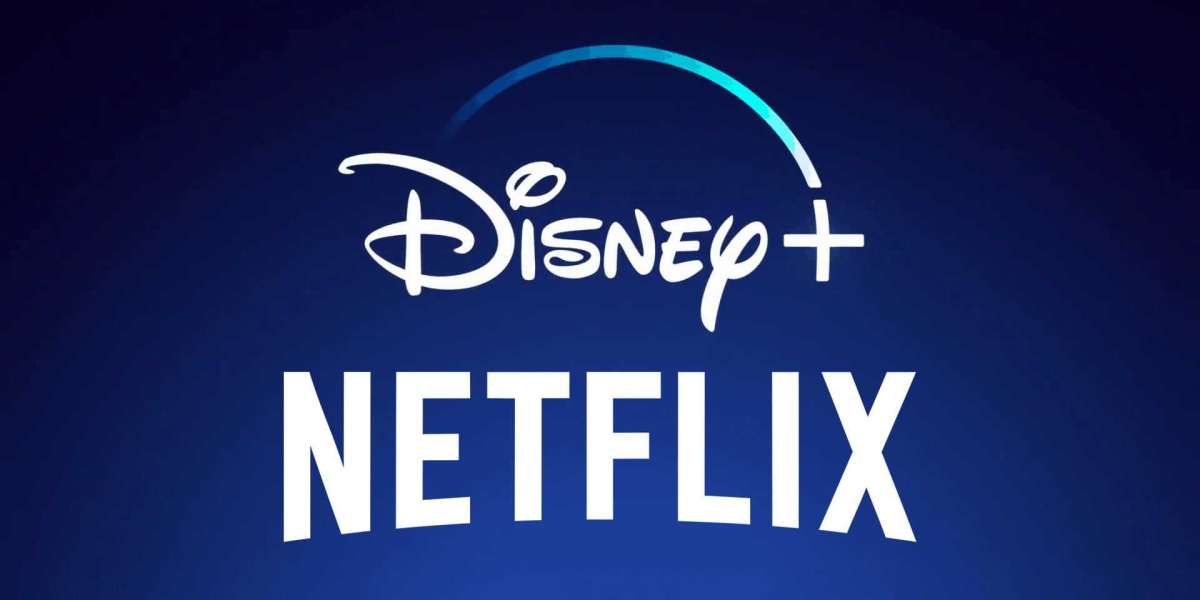Following the popularity of Netflix's "Squid Game," a local news site stated that the rise of worldwide streaming services has improved the lives of Korean voice actors since such platforms can give more opportunities for them to earn a living.
As highlighted in the article, there are more opportunities for voice actors, particularly since Disney+, which has a large amount of animation content that has to be dubbed into Korean, launched in the Korean market earlier this year.
Choi Jae-ho, a Korean voice actor, claims that worldwide streaming services haven't done anything to better his quality of life.
Even now, Choi writes on his Twitter account, "there are several instances of voice performers being exploited improperly by worldwide OTTs (global streaming services), local audiobook and game firms."
Choi explained that Netflix, for example, requests voice actors not to divulge that they performed for the content of the worldwide streaming service's material.
"I realize that the actors should collaborate before the publication of the content in order to prevent leaks, but after the release, the actors should be entitled to address it because it is their profession," Choi stated.
Netflix responded to Choi's post by claiming that there had been a miscommunication between them.
It was discovered that there were some misunderstandings in the communication process when Netflix investigated the situation with its local dubbing partner, according to a Netflix spokeswoman who talked to The Korea Herald.
The original message, she continued, that the worldwide streaming platform attempted to convey was that comprehensive information about the material should not be released before the item was made available for purchase or streaming for free.
As the spokesman said, "the roles and identities of voice actors that participated in Netflix productions are clearly acknowledged in the concluding credits of all series."
Although this specific issue appeared to have been remedied in this fashion, Lee Yeon-hee, the president of the Korean Voice Performance Association, stated that this is not the only issue that has to be addressed. There are around 800 members in the group.
Although there are more jobs available for voice actors, this does not always imply that the lives of voice actors have been better." "This is due to the fact that their rights are not adequately safeguarded," Lee explained. In order to collaborate with Korean performers, Netflix and Disney+ operate via local partner businesses. Moreover, we have learned from our previous experiences that delivering our requests for the protection of actors' rights through them is a challenging task in itself. When there are issues, it is difficult to reach out to large OTT corporations and request that they make improvements."
Lee cited the contract between Disney+ and voice actors as an example of this.
"Disney+ contracts request that derivative work and compilation rights be transferred," Lee explained. "We believe that this is unjust. "Voice actors should also have some ownership rights to the content in which they are featured."
Also mentioned was the fact that the transfer of "New Exploitation Rights," a word that appears in the Disney+ contracts, poses a more significant difficulty.
"The phrase demands the voice actors to give up any rights that may arise from the content if it is developed differently from its current form for a variety of reasons, such as technological advancement or format," Lee explained. "We spoke with labor rights attorneys about this issue, and they agreed that the terms in question were unreasonably restrictive of the voice actors' rights."
Lee also stated that the compensation voice actors receive from streaming services is insufficient.
It is about (a) minimum wage that I am referring to here. In order to be competitive, the minimum amount paid should be comparable to the amount that terrestrial broadcasters like KBS and MBC pay voice actors. This is the sum that we came to an agreement on with the terrestrial broadcasters in the first place. Aside from that, there are smaller broadcasters such as Daekyo that pay their performers less because of their lesser budgets.
The worldwide streaming services have attempted to boost the minimum salary as well, but they have not yet reached 80 percent of what firms like KBS are paying voice actors, according to Lee. But then huge worldwide OTTs come in and claim that the amount of money received by our actors from cable channels is an average amount that they receive and that they have been working with our actors while only paying them a modest amount.
Furthermore, the group will help performers as well as local media firms like CJ ENM that have been committed to protecting the rights of voice actors in their efforts to fight for their freedom.
"We believe that this is the only thing that we can do," Lee stated emphatically.



